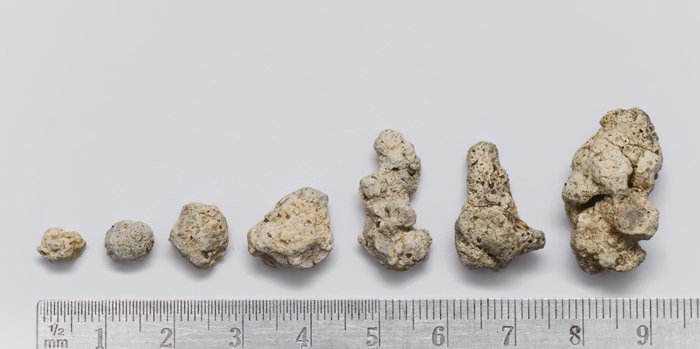Kidney Stones: Common Questions and Answers
What leads to the formation of kidney stones?
Kidney stones form when substances in your urine, such as minerals and salts, become overly concentrated and begin to crystallize. These crystals grow over time into stones, which can move through your urinary tract and cause severe discomfort. As they travel, they may block the flow of urine, leading to significant pain.
What are the symptoms of kidney stones?
Kidney stones usually don’t cause any symptoms while they remain in the kidneys. However, once they begin to move through the ureter towards the bladder, symptoms can include:
- Severe back pain, often below the ribcage
- Pain in the lower abdomen or groin area
- Blood in the urine
- Nausea or vomiting
- Increased frequency or urgency of urination
- A burning sensation while urinating
- Intermittent or slow urine flow
As the stone moves through the urinary tract, the pain may shift to different areas, depending on its location.
What types of kidney stones are there?
There are four main types of kidney stones, each with distinct causes and characteristics:
- Calcium Stones These are the most common, accounting for about 80% of cases. The majority are made of calcium oxalate, but calcium phosphate stones can also occur.
- Uric Acid Stones Making up 5-10% of kidney stones, these typically form in individuals who don’t drink enough fluids or have highly acidic urine. A high-protein diet, high blood sugar, or certain genetic conditions can increase the risk of developing uric acid stones.
- Struvite Stones Often caused by urinary tract infections, these stones can grow quickly and unexpectedly, leading to sudden pain without prior symptoms.

- Cystine Stones These stones are rare and are linked to cystinuria, a genetic condition that causes the kidneys to excrete excessive amounts of amino acids, which can crystallize and form stones.
Don’t let kidney stones affect your quality of life.
Start your journey to a pain-free life with InfiniHealth Medical Group today.
How do urology specialists treat kidney stones?
To diagnose kidney stones, a urologist will typically conduct a urinalysis along with imaging tests such as ultrasound, X-ray, CT scan, or intravenous pyelogram (IVP).
These tests help determine the size and location of the stones and whether they are obstructing the urinary tract. Once the stone type and cause are identified, a personalized treatment plan is developed.
For many patients, non-invasive treatments are effective, including:
- Laser Stone Ablation: A procedure that uses a laser to break up stones for easier passage.
- Shockwave Therapy: High-energy sound waves are used to fragment stones into smaller pieces that can be passed naturally.
- Percutaneous Nephrolithotripsy (PCNL): A minimally invasive procedure where a small incision is made to remove or break up larger stones.
Take the Next Step Toward Better Health
Additionally, based on the type of stones, dietary adjustments, supplements, and medications may be recommended to prevent future stones from forming.
If you’re experiencing symptoms like back pain, abdominal discomfort, or suspect kidney stones, it’s important to consult with a healthcare professional. Schedule an appointment with INFINIHEALTH MEDICAL GROUP today, either by calling or booking online.
